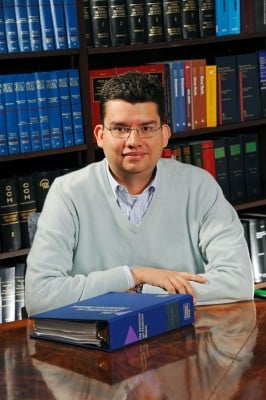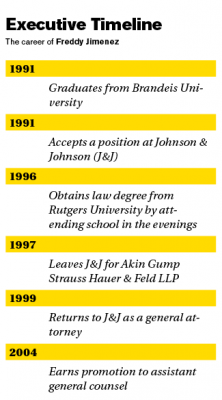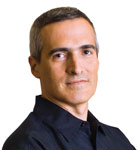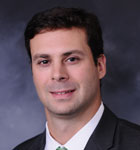
Did you always plan to be a lawyer?
Where did that lead you after you graduated?
I started working at Johnson & Johnson right out of college. I did clinical research for a year, then switched to regulatory-affairs work.
How did you end up with a law degree?
While I was doing regulatory-affairs work, Johnson & Johnson paid for me to obtain a law degree in the evenings at Rutgers University. The path was set for me to be a regulatory lawyer.
You didn’t stay at Johnson & Johnson, though?
No. After I got my law degree, I continued to work at Johnson & Johnson for a year, doing regulatory work, but not as an attorney. Companies like J&J don’t typically hire in-house counsel right out of school, so I had to get some law experience. I left Johnson & Johnson to work in the food-and-drug practice at a Washington, DC-based law firm, Akin Gump Strauss Hauer & Feld LLP. After two or three years, I returned to Johnson & Johnson, this time in the law department.
What made you return to Johnson & Johnson?
I had two other job offers, one with a small biotech company and one for a large company similar to Johnson & Johnson. But I’d pretty much grown up at Johnson & Johnson. It has a widely diversified business, ethical people, and a culture that allows you to do interesting things as well as the right thing. It wasn’t a hard decision.
What is your role like now?
Johnson & Johnson has three business sectors: pharmaceuticals, medical device and diagnostics, and consumer. I head the group of lawyers that provides regulatory legal support to the pharmaceuticals group, so I advise on general administrative law as well as all matters regarding the US Food and Drug Administration (FDA) regulations and health-care law.
 Can you give me some example of things you might do on a daily basis?
Can you give me some example of things you might do on a daily basis?
We’re a highly regulated industry so we need to make sure products are compliant. That means we support products from beginning to end. We look at issues such as informed consent that may arise during the course of a clinical trial and we ensure compliance with FDA regulations. We also look at promotional plans and marketing materials. It’s pretty much everything from beginning to end of a product’s life cycle.
What advice would you give people seeking to follow a similar career path?
I often speak to young people about careers in this field, and the two things that grab their attention are the importance of networking and—more practically speaking [and] particularly for people getting their law degree in the evenings—of doing well in law school, participating in Law Review, excelling as a summer associates, and other things to get yourself noticed, which can be a challenge when you are juggling school and work.
Do you have any particular advice for Hispanics in the field?
The path of inside counsel is a useful one to consider because you get to practice law while participating in growing a business. I also think Hispanics bring great and diverse perspective to the corporate legal practice so I encourage people to think about this path among the others they should actively explore.

